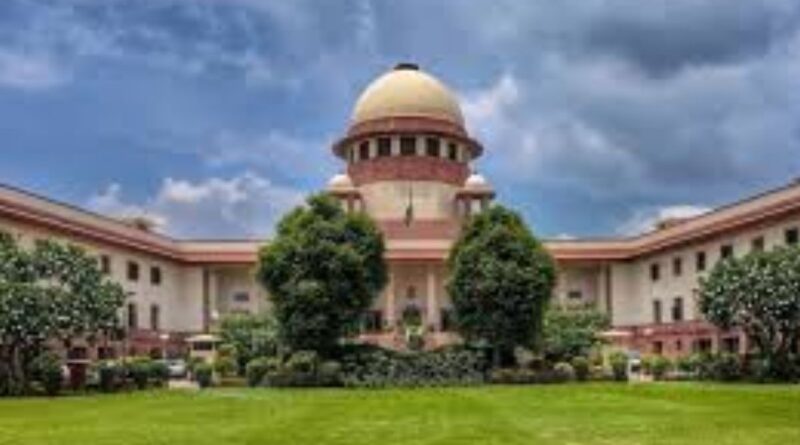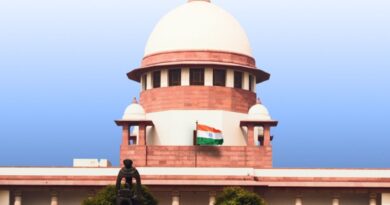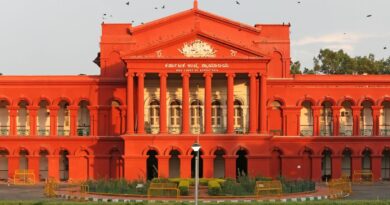Supreme Court Questions Centre on Illegal Immigration and Deportation of Bengali Migrants
On 29 August, the Supreme Court asked the Union Government whether it plans to build a US-style border wall to stop illegal immigration. The bench, comprising Justices Surya Kant, Joymalya Bagchi, and Vipul M Pancholi, also sought details of the standard operating procedures (SOPs) for deporting migrants, particularly to Bangladesh.
The case arose from a petition by the West Bengal Migrant Workers Welfare Board, alleging that Bengali-speaking workers are being detained as suspected Bangladeshi nationals. The Gujarat government has also been made a party to the matter.
Solicitor General Tushar Mehta opposed the petition, arguing that no individual victims had approached the court. He criticised state governments for allegedly benefitting from illegal immigration and warned of demographic changes.
The bench, however, observed that affected individuals may lack the means to approach the apex court. Justice Bagchi questioned whether the Centre wished to build a border wall like in the US, to which Mehta replied in the negative, stressing that language alone would not be the basis for deportation.
Advocate Prashant Bhushan, representing the petitioners, alleged that Bengali-speaking individuals were being forcibly pushed into Bangladesh, citing the case of a pregnant woman whose habeas corpus plea is pending before the Calcutta High Court. He sought interim protection against forcible deportation until nationality is verified.
The Court differentiated between people entering India illegally and those already residing within the country, calling for clear deportation procedures. It has asked the Centre to submit replies in this matter and club the case with the pending Rohingya case.
The bench noted that immigration remains a complex global issue, with some countries welcoming migrants and others opposing them. It has also urged the Calcutta High Court to expedite the habeas corpus petition.
This case is titled West Bengal Migrant Workers Welfare Board & Anr. v. Union of India & Ors., W.P.(C) No. 768/2025.




